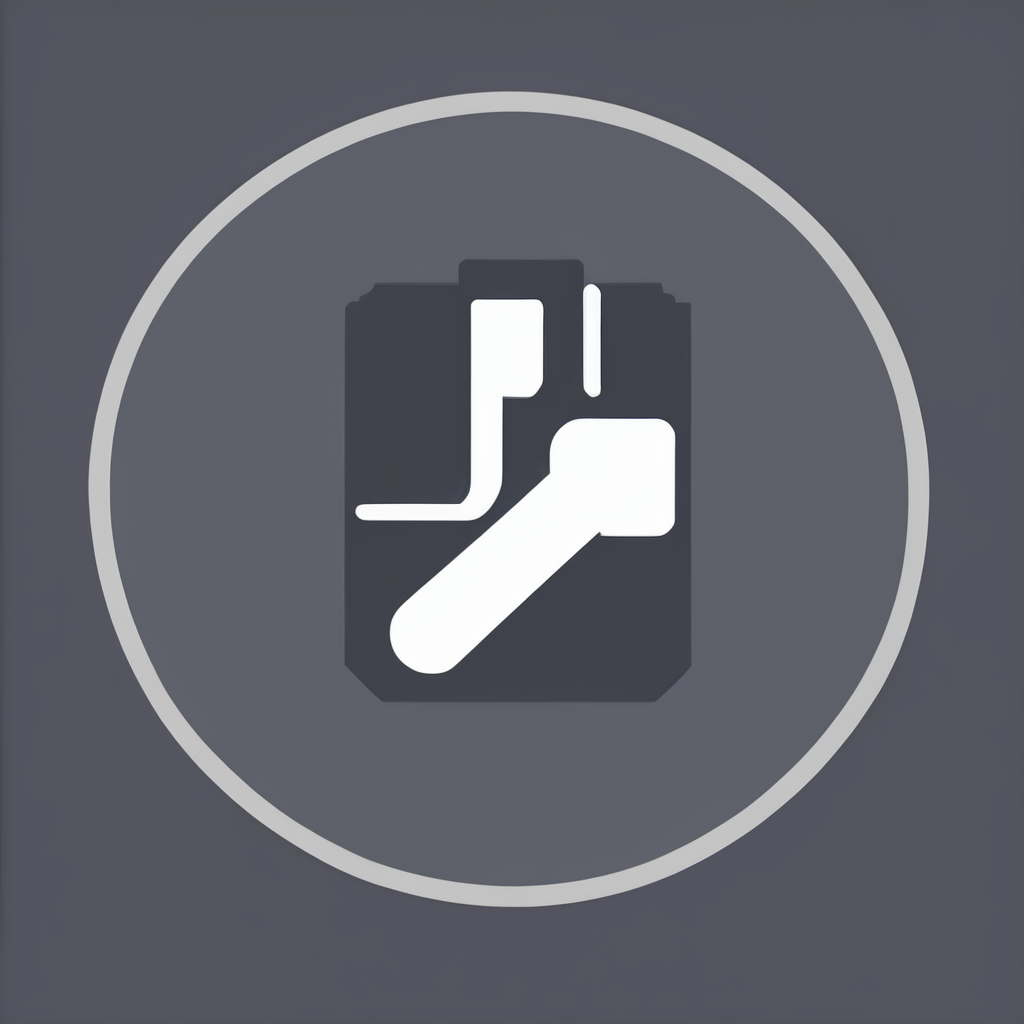Current Trends in Senior Health Technology in the UK
Recent technological advancements have significantly transformed senior health care in the UK, improving quality of life and independence for the elderly. Innovations such as remote monitoring devices, wearable health trackers, and smart home systems are increasingly integrated within UK elderly care frameworks. These tools offer real-time health data, enabling proactive management of chronic conditions and reducing hospital admissions.
A major driver behind the rapid adoption of health technologies for seniors is the rising demand for personalized, accessible care solutions. The UK’s aging population places pressure on healthcare services, prompting both public and private sectors to invest heavily in technologies that support aging in place. As a result, there is a notable rise in funding and research specifically targeting elderly well-being, with initiatives focused on user-friendly interfaces and data security to ensure senior engagement and privacy.
Have you seen this : What Are the Unexpected Benefits of Yoga for Seniors?
Moreover, collaborations between tech companies and healthcare providers are shaping the landscape of latest trends, fostering innovations tailored to seniors’ needs. From AI-powered diagnostics to telehealth platforms, these advancements reflect a commitment to enhancing both clinical outcomes and everyday independence for the elderly in the UK. Understanding and leveraging these trends can help caregivers choose effective solutions that address the unique challenges in senior care.
Telehealth Services Expanding Access for Seniors
Enhancing remote healthcare opportunities
Also to discover : What nutrition tips can help UK seniors maintain vitality?
The rise of telehealth and virtual care platforms is transforming how elderly patients access medical support. Many seniors face mobility challenges, making frequent clinic visits difficult. Telehealth bridges this gap by offering consultations, monitoring, and follow-ups from the comfort of home.
In the UK, NHS digital services are increasingly integrated with telehealth solutions to provide streamlined remote healthcare. These initiatives ensure seniors can access specialist advice and routine care without travel, easing the burden on both patients and healthcare facilities. Programs tailored for the elderly help manage chronic conditions effectively while reducing hospital visits.
Remote healthcare also allows caregivers and family members to be more involved in care plans through shared digital tools. This integration improves adherence to treatments and early detection of potential issues.
The expansion of telehealth improves accessibility for seniors by overcoming geographical and physical barriers. It offers flexible appointment times and safer alternatives, especially important during public health concerns. As these technologies evolve, virtual care models will continue to enhance quality of life and healthcare outcomes for older adults.
Wearable Health Monitors and Their Impact
Enhancing wellness through technology
Wearable technology has revolutionized health monitors, making remote monitoring of vital signs and daily health metrics increasingly accessible. Devices such as smartwatches and specialized health bands track heart rate, blood pressure, sleep quality, and physical activity continuously. This data empowers users and healthcare providers to detect early warning signs and adjust treatments promptly.
For seniors in the UK, wearables with fall detection capabilities are particularly valuable. These devices automatically alert caregivers or emergency services when a fall is suspected, providing critical timely assistance. Additionally, heart monitoring wearables help manage conditions like atrial fibrillation by sharing irregular heartbeat data remotely with clinicians, facilitating better chronic condition management.
This integration of wearable technology enables data-driven prevention strategies. Tracking trends over time helps identify subtle health deteriorations before they become emergencies. People managing chronic illnesses benefit from continuous insights, enabling tailored interventions that support independence and improve quality of life. Wearable health monitors symbolize a shift toward proactive, connected healthcare that enhances safety and well-being for vulnerable populations.
Smart Home Devices Supporting Independent Living
Enhancing daily life with technology
Smart home technology has become a game-changer for independent living, especially for seniors seeking to maintain autonomy while ensuring safety. Devices such as voice-activated assistants enable hands-free operation of various home functions, making routine tasks simpler and more accessible. For example, voice commands can control lighting, heating, or even appliances, reducing the physical strain often experienced by elderly users.
Additionally, integrated emergency alert systems provide quick access to help when needed. These assistive technologies monitor user activity and can automatically notify caregivers or emergency services if unusual patterns or falls are detected. This proactive approach significantly enhances home safety for seniors, offering peace of mind for both users and their families.
In the UK, several government-supported programs promote the adoption of smart home solutions tailored to older adults. These initiatives focus on subsidizing equipment and providing training to ensure effective use. Emphasizing assistive technology within the home environment not only helps seniors remain independent longer but also reduces healthcare costs by preventing accidents and hospital visits. Exploring these smart home options offers valuable support for anyone aiming to live safely and comfortably at home.
Artificial Intelligence Transforming Elderly Healthcare
The role of artificial intelligence in elderly healthcare has rapidly advanced, offering groundbreaking solutions for early diagnosis and personalised treatment plans. AI systems analyze vast datasets from seniors’ health records, enabling predictive analytics to identify conditions before they worsen. This allows healthcare providers to intervene earlier, improving patient outcomes and reducing hospital admissions.
AI in healthcare also empowers personalised care by tailoring treatments to individual needs. For example, machine learning algorithms can adapt medication regimens based on a senior’s response, minimizing side effects and enhancing efficacy. This level of customised care marks a significant improvement over one-size-fits-all approaches.
Virtual assistants powered by AI have transformed remote monitoring. These assistants remind seniors to take medication, track vital signs, and alert caregivers if abnormalities occur. This continuous monitoring supports independence while ensuring safety, a vital balance for elderly patients.
Collaboration between UK healthcare providers and AI companies fosters innovation tailored to elderly care. By sharing expertise, they develop tools that integrate seamlessly into existing healthcare frameworks, boosting accessibility and efficiency. Such partnerships exemplify how artificial intelligence can bridge technology and compassionate care for seniors.
UK-specific Programs and Studies on Senior Health Technology
The UK has prioritized senior health technology through targeted UK health initiatives and government programs. Notably, several government-funded pilot projects have demonstrated promising results in enhancing elderly care. For instance, NHS innovation hubs have trialed wearable devices to monitor vital signs remotely, reducing hospital admissions and enabling timely interventions. These pilot projects have reported improved quality of life for seniors and more efficient resource allocation.
Ongoing clinical studies further explore the impact of technology on elderly wellbeing. Research focuses on technologies like telehealth platforms and AI-assisted diagnostics, which provide early detection of health issues and support independent living. These studies underscore a trend toward integrating technology into standard care protocols, highlighting its potential to transform eldercare across diverse settings.
Collaboration plays a key role in advancing these initiatives. Public services, private sector firms, and academic researchers work closely to develop and validate solutions that respond to real-world needs. This cross-sector partnership ensures that innovations are practical, scalable, and aligned with the UK’s health strategy, demonstrating the government’s commitment to leveraging technology for senior health improvement.
Challenges and Future Outlook for Technological Innovation in Senior Health
Embracing progress while addressing barriers
One of the main challenges facing the future of elder care is technology adoption among seniors. Many older adults grapple with digital literacy, making it harder to use new health technologies confidently. This issue is intertwined with accessibility challenges, as some devices or apps may not be designed with seniors’ needs in mind, hindering adoption.
Privacy concerns also loom large. Seniors may fear sharing sensitive health data digitally, reducing their willingness to participate in tech-based care solutions. Moreover, cost remains a significant barrier. Advanced devices and platforms can be expensive, limiting access for those on fixed incomes.
To tackle these obstacles, efforts focus on digital inclusivity, ensuring all UK seniors receive equal access to health technology. Programs offering training tailored to older adults enhance digital skills, while designers increasingly prioritize user-friendly interfaces.
Looking ahead, the future of elder care is promising. Anticipated developments include more affordable devices, smarter AI-driven monitoring, and integrated platforms that adapt to individual needs. Continuous innovation aims to blend ease of use with robust functionality, empowering seniors to embrace technology confidently in managing their health.





